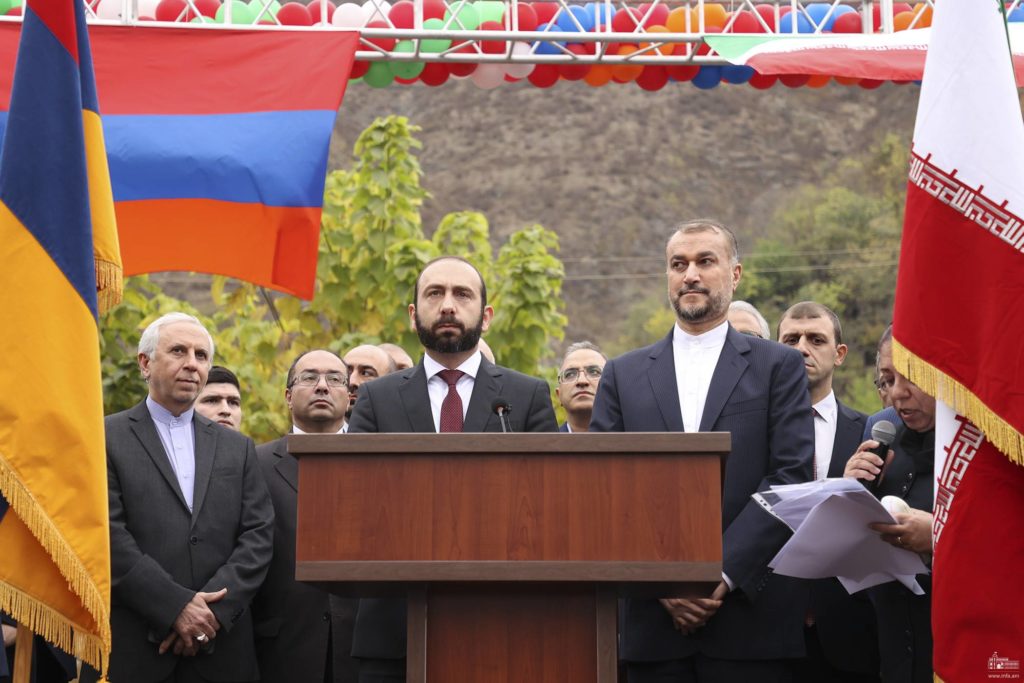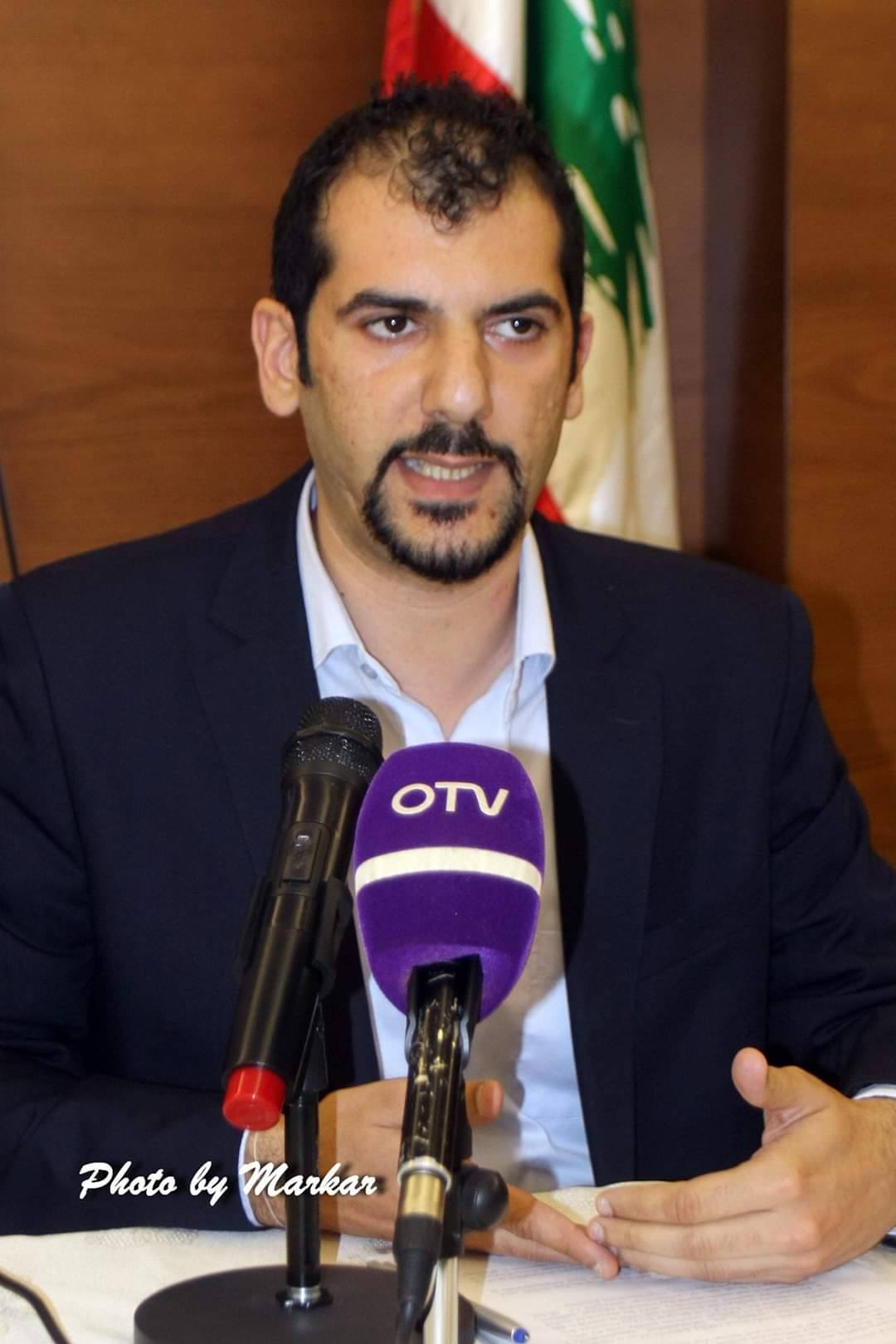A survey was recently conducted by the Tehran International Studies and Research Institute (TISRI) to study international security priorities and Iran’s foreign policy. The survey was conducted among 384 academic scholars in different Iranian universities (Tehran, Allameh Tabataba’i, Tabriz, Guilan, Shiraz and Razi of Kermanshah) and among researchers and experts in the Caucasus region. The survey resulted in certain proposals calling for an Iranian foreign policy shift toward the South Caucasus, identifying geopolitical risks and providing suggestions on how Iran can help in stabilizing the region. According to the study, it seems Iranian scholars, experts and analysts are concerned about the security and geopolitical risks in the post-2020 Nagorno-Karabakh war regional system in the South Caucasus. Here are the concluding results of this study.
Actions by regional actors are key in recent developments.
In response to the post-2020 war military escalations in South Caucasus, 52 percent of respondents cited actions by regional actors as the reason behind the new escalations. Another 31 percent also mentioned that the war between Russia and Ukraine is a reason, as Moscow’s balancing act has deteriorated, leading to escalating armed tensions in the South Caucasus. The remaining respondents cited the failure of one or both parties (either Armenia or Azerbaijan) to adhere to agreements of the November 10, 2020, trilateral statement and interventions by major powers (mainly the US) as reasons for the new round of armed clashes.
Turkey and Israel are the main state actors pushing for escalation in the region.
Forty-one percent of the respondents claimed that the new developments in the region favor Turkey’s regional ambitions. Also, 34 percent said that these developments favored Azerbaijan, and the remainder answered that these developments are favoring other actors. Regarding who has more influence over the decision-making in Azerbaijan, 57 percent of respondents answered Turkey, while 24 percent believed that Israel, which enjoys strategic and military relations with Azerbaijan, had the most effect on the government in Baku.
Iran’s geopolitical and civilizational priorities in the region
In response to the question of what factors Iran prioritizes when it comes to foreign policymaking in the region, 43 percent of respondents stressed geopolitical and geostrategic factors and 26 percent stressed the cultural and civilizational importance of the region, as historically on many occasions the region was part of the Persian Empire. For this reason, Iran engages in cultural ties through its soft power in the region. Others valued Iran’s trade and political security as part of Iran’s priority when engaging with the South Caucasus.
Iranian security considerations are to stabilize regional geopolitical borders.
Fifty-three percent of survey respondents argued that Iran’s opposition to territorial changes in the South Caucasus is an important part of Tehran’s security and strategic considerations regarding new regional developments. As part of Iran’s security and strategic considerations, many cited preventing the presence of “threat-oriented trans-regional government actors,” Iran’s geo-economic interests and nationalist and separatist movements. This shows that Tehran is connecting regional developments with local domestic policies within Iran. This idea was clearly reflected when during the 2020 war, many Iranian Azeris protested and mobilized in favor of Azerbaijan as an expression of solidarity with their “ethnic kin.” Iran is concerned that any drawing of maps between its neighbors may reflect on its domestic politics and push for secessionist movements.
Political diplomacy is crucial for Iran’s foreign policy.
In regards to how Iran must engage with the current developments, 57 percent responded that Tehran must engage through public diplomacy, while others stressed the need for economic and cultural diplomacy to stabilize the region and prevent the occurrence of similar armed conflicts.

Surprisingly, 43 percent of the respondents believed that Iran must formulate a policy of “passive neutrality towards the recent developments in the Caucasus,” while 31 percent considered “taking measures in terms of multilateral diplomacy.” Others argued that Iran must pursue “a secret diplomacy and the policy of active neutrality” toward recent developments in the South Caucasus. Regarding Tehran’s policy toward the Armenian-Azerbaijani conflict, 39 percent stated that this has led to passivity by Iran, and 36 percent stressed that these measures had been ineffective. Nineteen percent believe that Iran must take an active role in helping to manage the tensions.
Forty-six percent of respondents attributed the ineffectiveness of Iran’s diplomatic institutions as a reason for the country’s inability to engage in proactive diplomacy and conflict management between Armenia and Azerbaijan. Still others have mentioned that Iran’s policies are ineffective in the region due to the “superiority of regional competitors,” the role of sanctions, and the fear of ethnic tensions that limit Iran’s engagement in the South Caucasus.
Preventative security-military measures to combat geopolitical changes are recommended by Iranian experts.
One of the significant points in the survey was the emphasis of 43 percent of respondents on preventative security and military measures by Iran as a priority to counter geopolitical changes in the South Caucasus. This opinion was sharply reflected in Iranian newspapers and media starting in December 2020 when Azerbaijan’s President made official territorial claims against Armenia during the “Victory Parade” in Baku. It’s also worth mentioning that 28 percent of respondents called for trilateral cooperation between Armenia, Iran and Russia to counter any geopolitical and territorial changes in the region. Others also commented that Iran must consider its political diplomacy with Azerbaijan to counter geopolitical changes in the Caucasus.
Conclusion
The 2020 war in Nagorno-Karabakh which resulted in Azerbaijani victory and capturing the areas adjacent to Nagorno-Karabakh and parts of Nagorno-Karabakh, has shifted the regional balance of power. However, the Azerbaijani military victory did not result in peace, as the clashes in 2021 and the recent escalation on Syunik and other areas in September 2022 created new geopolitical realities for Iran. From TISRI’s survey, we can conclude that Iran, as an active regional actor, is also affected by these developments and pursues its foreign policy priorities based on the Iranian Supreme Leader’s position that the northwestern borders of the Caucasus should not be changed.
Based on the results of this survey, it is clear there is dissatisfaction from the expert circle regarding Iran’s ineffective policy towards the South Caucasus. The survey highlighted the constraints and limitations of Iran’s foreign policy options, but also was essential in providing recommendations to push Tehran to review its foreign policy in the region.



Be the first to comment